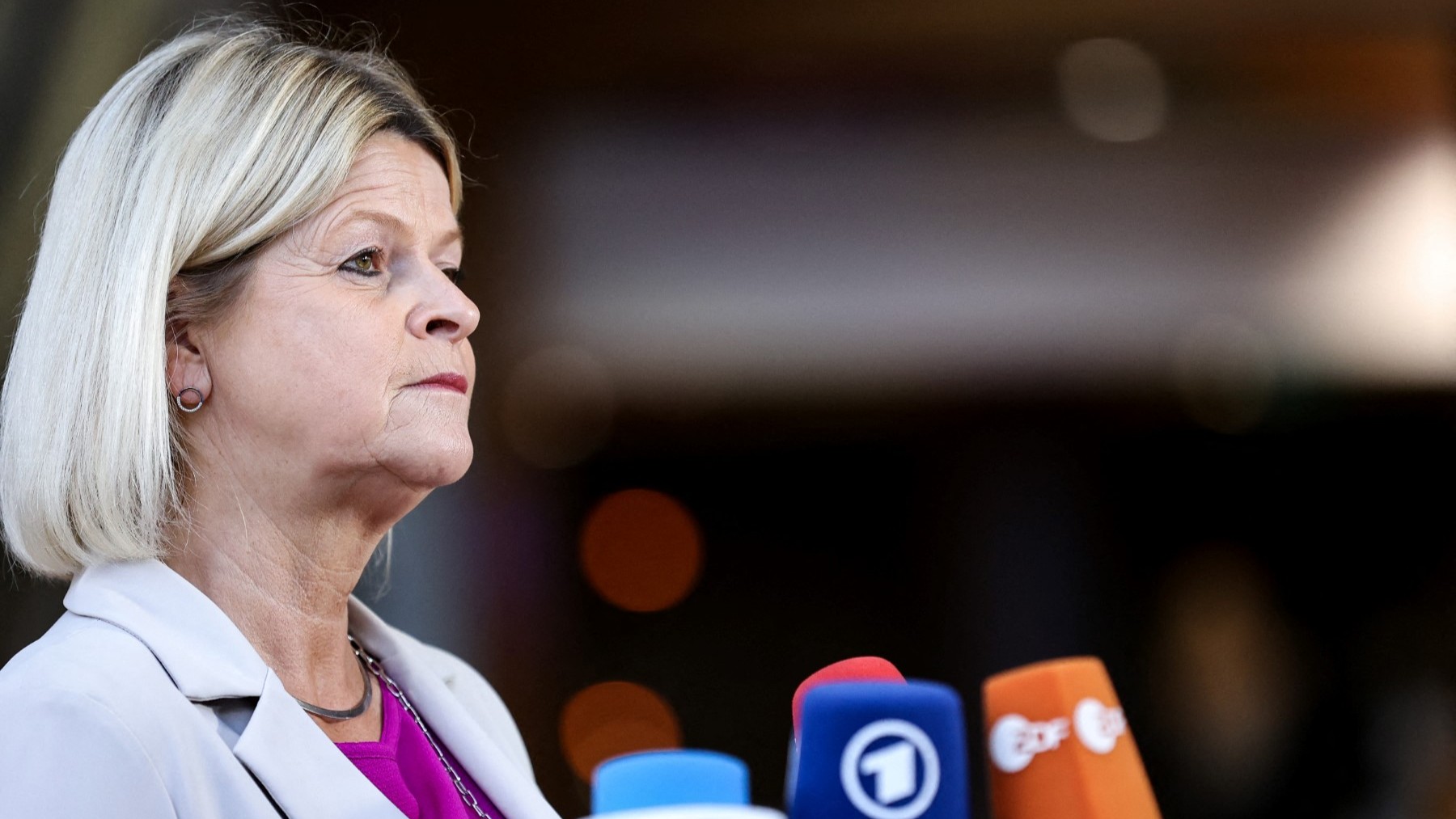Dmitry Medvedev, Deputy Chairman of the Russian Security Council, stated that Russia would take “countermeasures” with Austrian territory potentially becoming a target for “attacks” should the Central European nation decide to join NATO. Medvedev accused Vienna of gradually aligning itself with the Western military alliance, pointing out its participation in the Partnership for Peace program.
In response, the Austrian Foreign Ministry summoned the Russian chargé d’affaires and dismissed the threat, labeling it an interference in the country’s internal affairs.
Foreign Minister Beate Meinl-Reisinger in July expressed doubts over whether neutrality alone would provide adequate protection, noting that with an “increasingly aggressive Russia,” new partnerships should not be off-limits.
Defense Minister Klaudia Tanner, however, has reaffirmed that Austria has no plans to join NATO and remains committed to its neutral status. At the same time she declared that the country will not allow itself to be intimidated or threatened.
While there is currently no majority in Austria’s parliament or among the public in favor of NATO membership, the issue has gained traction since Russia’s invasion of Ukraine in 2022. Legally, joining NATO would contradict the “perpetual neutrality” enshrined in Austria’s 1955 constitution. Both the Austrian government and the largest opposition parties reject NATO membership, with the NEOS (New Austria and Liberal Forum) party condemning Medvedev’s remarks as an “attempt to undermine democracy.”
Meanwhile, the Austrian government is bolstering the country’s military capabilities.
